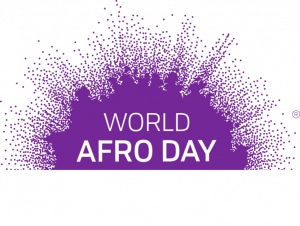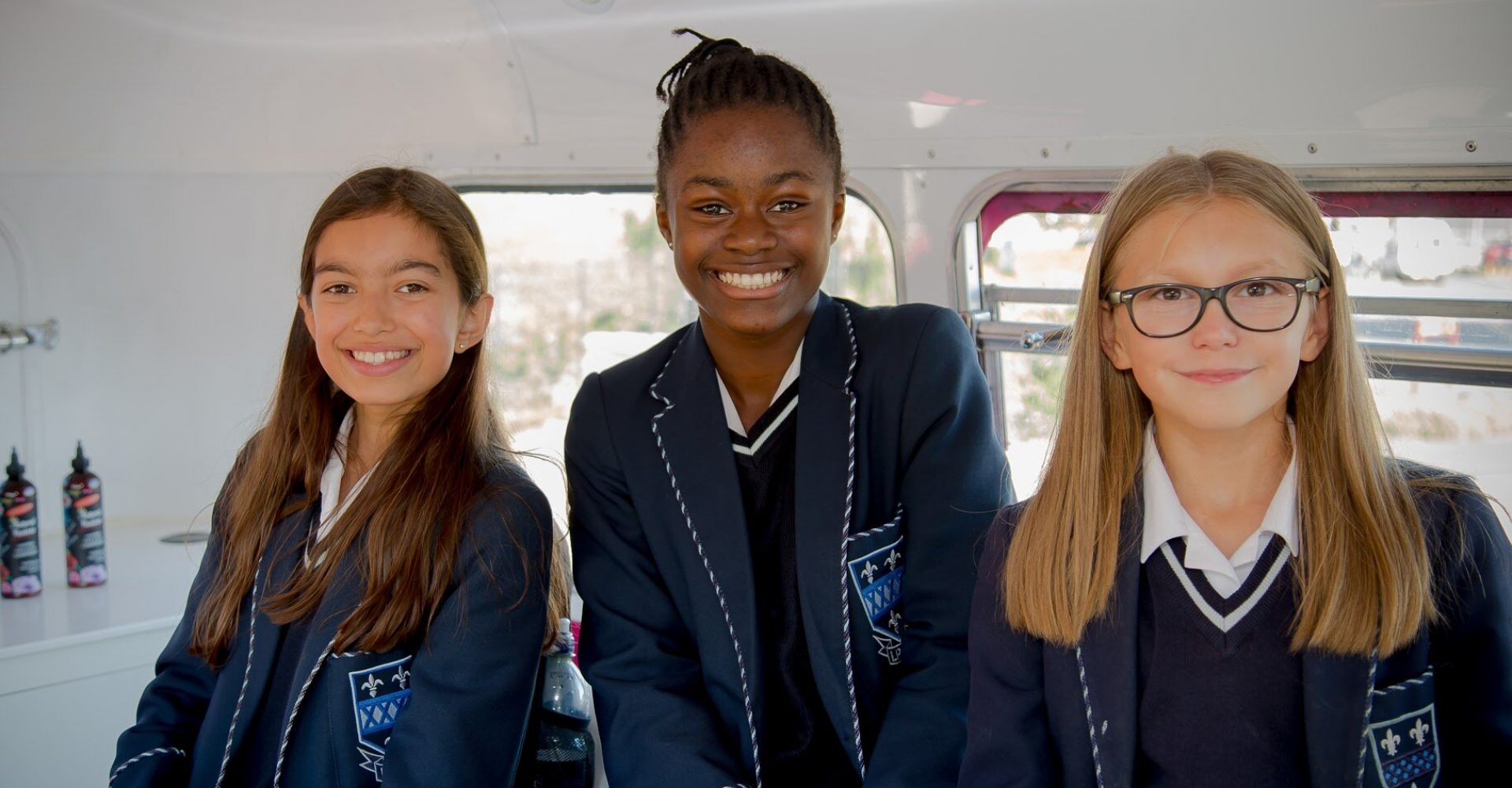
What sort of hair policies do you have at school? Does your policy mean that every child feels valued and confident about their hair and identity? Please see the Equality Law section for help with writing hair policies. Remember if you don’t Afro hair it is a different language that you may not understand. Like language it has a history and culture that has meaning to that group. Afro hair is the most unique racial characteristic of African people but it is also incredibly diverse in texture and styling. Hair is often described as ‘your crown’ or ‘your beauty’ across the African diaspora. There are thousands of styles and techniques to maintain it and keep it healthy.
These styles can date back thousands of years BC and can have deep spiritual, cultural and racial significance.
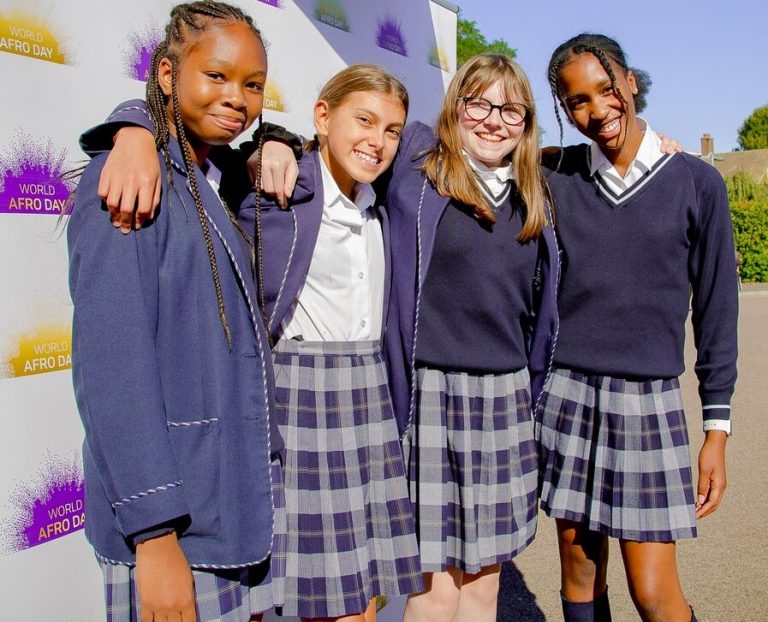
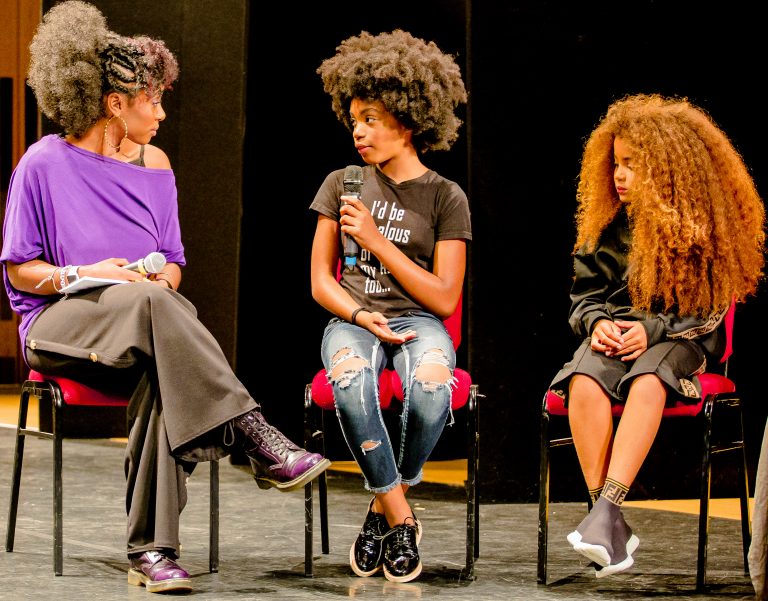
Language is very important. What positive adjectives do you associate with Afro hair? Have a think, if you do not know many, you’re not alone. There are a lot of negative terms connected to Afro hair. We feature this topic in The Big Hair Assembly.
What sort of language do you use towards Afro hair? Is it positive, respectful and culturally inclusive? Terms like messy, untidy, unprofessional, extreme, distracting, too fashionable can be very negative towards Afro hair. The ‘language of Afro hair’ is creative and changeable, expect to see diverse hairstyles as the norm for Black and mixed-race students.
Hair is a human right’s issue because it is an expression of Afrcan Identity, which can be subject to imposed restrictions at school, work and other pursuits.
Below are things that you can introduce into your school to create learning experiences that empower and boost equality. If your school positively endorses Afro hair equality be part of the change and celebrate with us, share our work @worldafroday and champion hair equality on your social platforms.
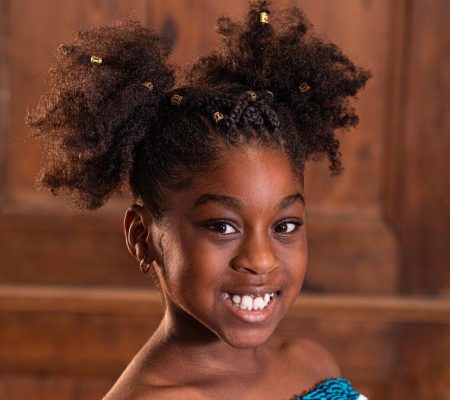
You or your students can become a World Afro Day Ambassador at your school. You can watch a video about how and why it started. Read about the work we do with schools? E.g. WAD lessons, Big Hair Assembly and supporting teachers with research. We unite people all around the world for change, education and celebration of Afro hair. Our Founder went to the United Nations to represent children with Afro hair, from around the world. You can represent World Afro Day at your school so people canunderstand hair differences better and work together.
Is there something that you do with your hair that you can explain to your class? Could you introduce World Afro Day 15 September at your school? Are you a teacher that can support students, with Afro hair to feel valued and equal?
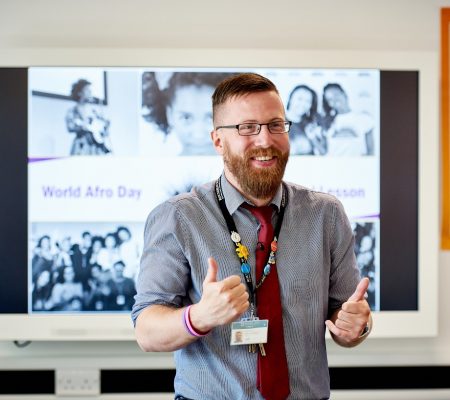
These lessons are for teachers as much as students. There are interactive films and activities to learn more about Afro hair in schools, workplaces and internationally.
This also contains a lesson pack for teachers.
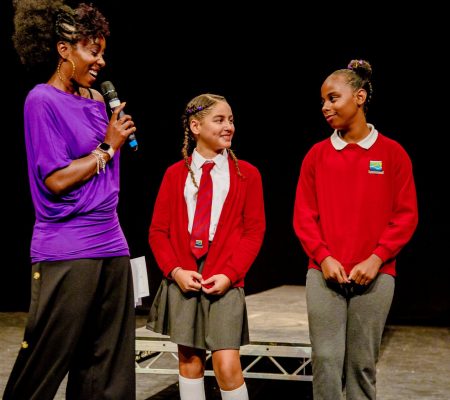
2019 The Big Hair Assembly was live streamed internationally, 11,500 pupils signed up from 100 schools in eight countries. Child Influencers included: Angel Noor from Holland, Celai West from the USA and Farouk James from the UK.
Children and teachers were inspired by African history, discussion, dance, audience interaction and language exercise.
